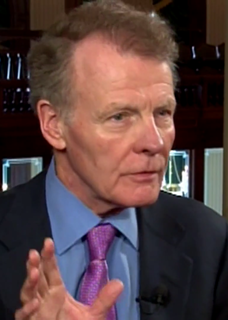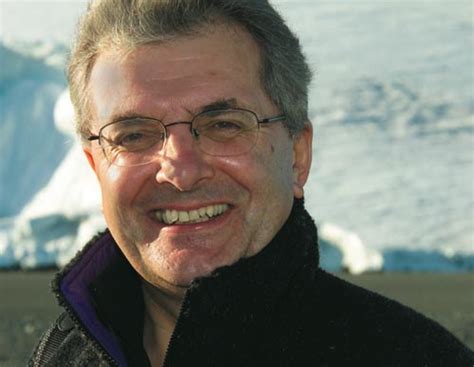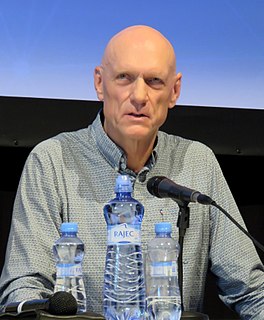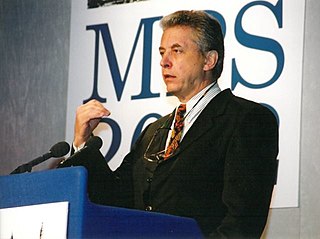A Quote by Frederick Seitz
It is one thing to impose drastic measures and harsh economic penalties when an environmental problem is clear-cut and severe....It is foolish to do so when the problem is largely hypothetical and not substantiated by observations....we do not currently have any convincing evidence or observations of significant climate change from other than natural causes.
Related Quotes
Climate change is not a discrete issue; it's a symptom of larger problems. Fundamentally, our society as currently designed has no future. We're chewing up the planet so fast, in so many different ways, that we could solve the climate problem tomorrow and still find that environmental collapse is imminent.
Difficulties arise when reported observations seem to conflict with 'facts' that the majority of scientists accept as established and immutable. Scientists tend to reject conflicting observations.....Nevertheless, the history of science shows that new observations and theories can eventually prevail.
A tree is beautiful, but what's more, it has a right to life; like water, the sun and the stars, it is essential. Life on earth is inconceivable without trees. Forests create climate, climate influences peoples' character, and so on and so forth. There can be neither civilization nor happiness if forests crash down under the axe, if the climate is harsh and severe, if people are also harsh and severe. ... What a terrible future!
Although reducing human emissions to the atmosphere is undoubtedly of critical importance, as are any and all measures to reduce the human environmental "footprint", the truth is that the contribution of each individual cannot be reduced to zero... If we believe that the size of the human "footprint" is a serious problem (and there is much evidence for this) then a rational view would be that along with a raft of measures to reduce the footprint per person, the issue of population management must be addressed.
But no matter how big the effort to push a propaganda line might be, climate change is bigger. This, undoubtedly and regrettably, is the biggest immediate long-term environmental challenge we face. A failure to concretely come to some policy outcome on climate change has not only a negative environmental impact but also social and economic consequences for us.
Climate change hype has grave real world consequences. It gets rich countries to adopt silly policies and to impose devastating eco-imperialism on poor countries. The world's rich millions can afford environmental extremism; its poor billions can't. Climate change pseudo-science about human causality has been exposed repeatedly. What's less appreciated is that there aren't more natural disasters in need of an explanation.
We think the problem is out there, when the problem is really in here - who we are and how we experience the world around us. The acoustic ecologist listens, as the primary sense, to the world around us, and I believe that they have a significant contribution to make to all environmental groups who think that they're solving environmental problems, when we're actually all on a spiritual pilgrimage.



































